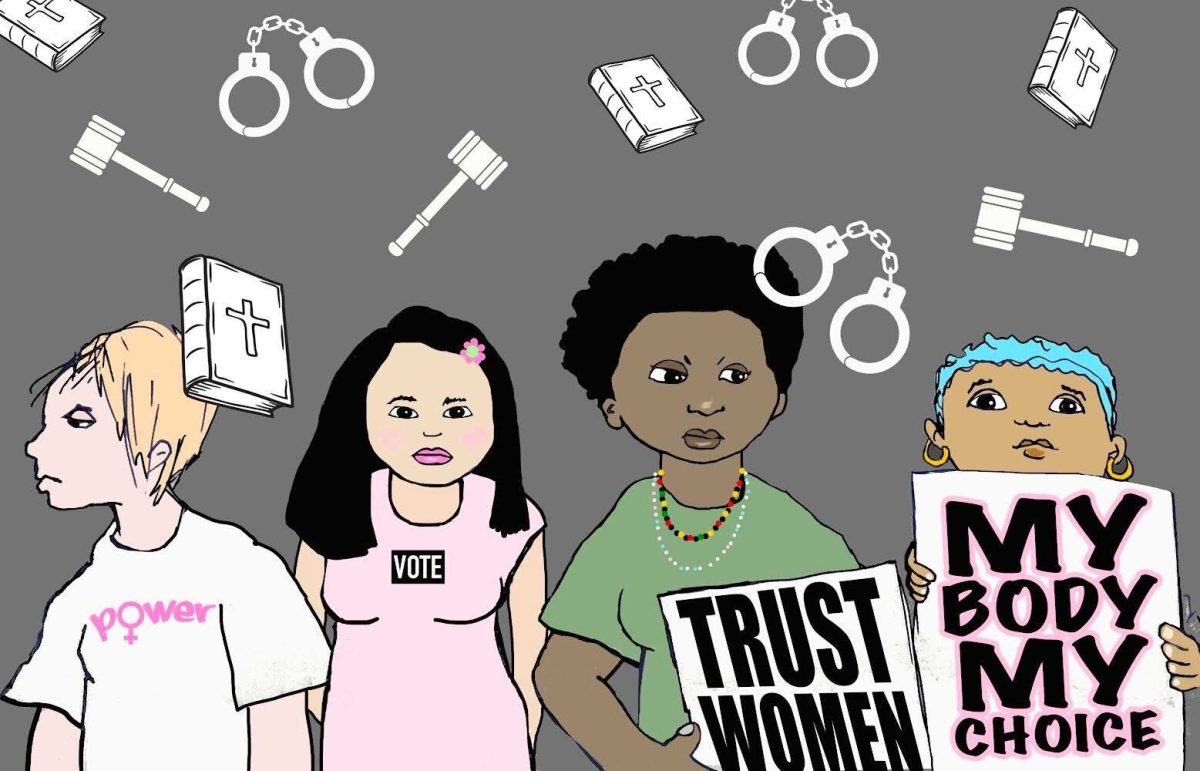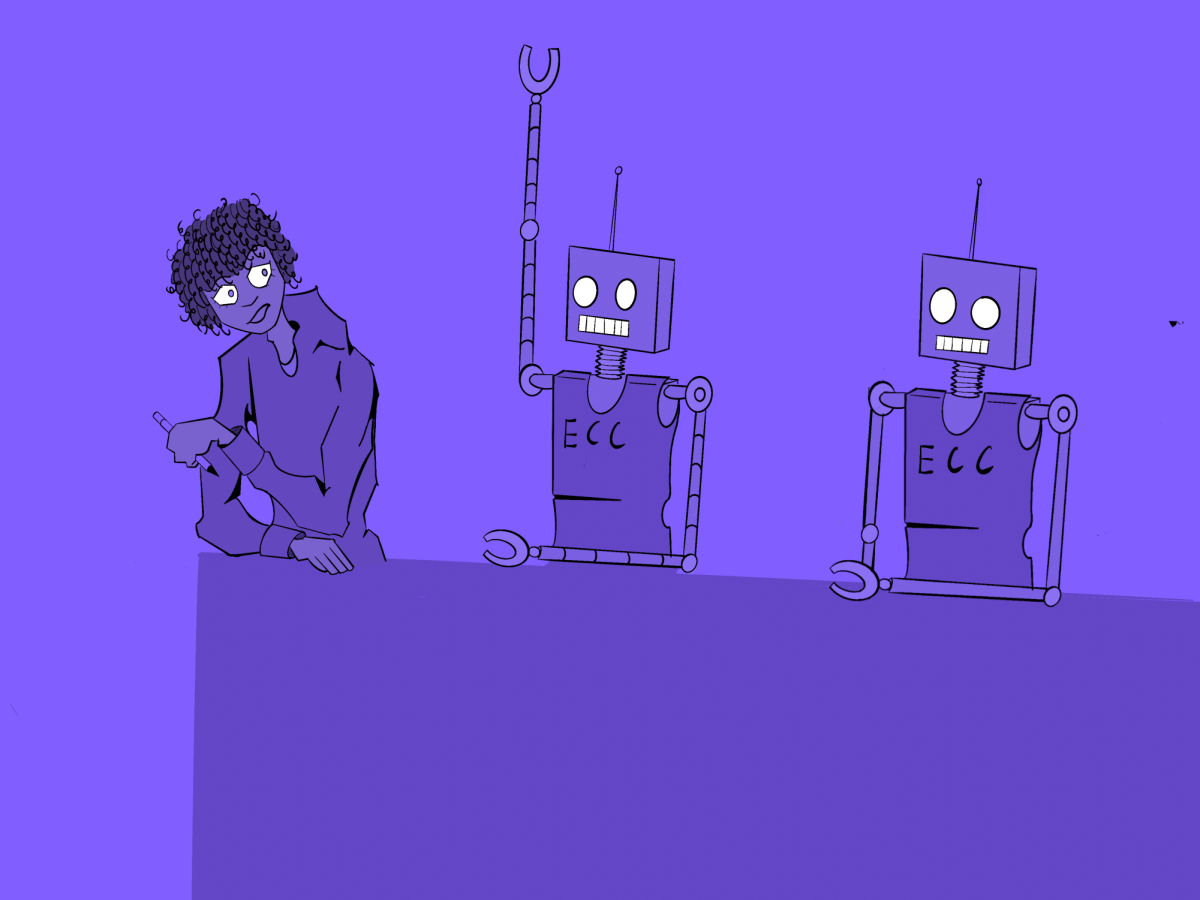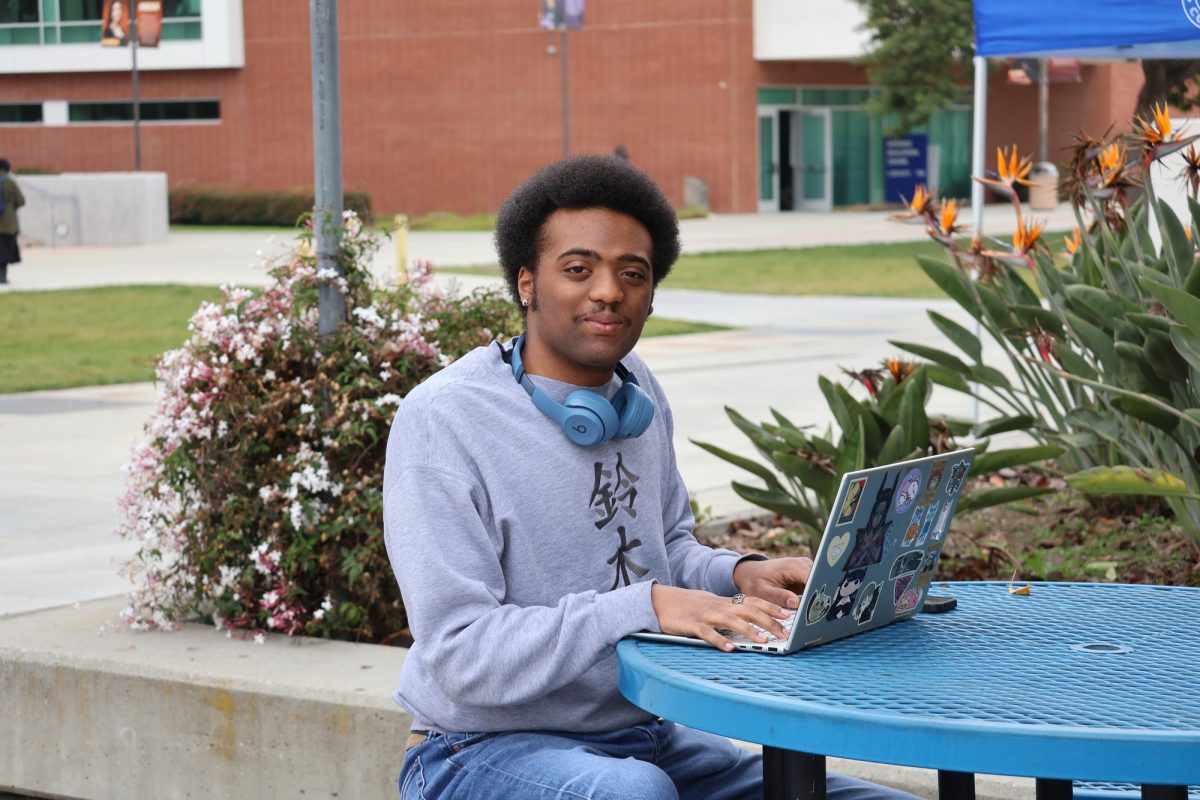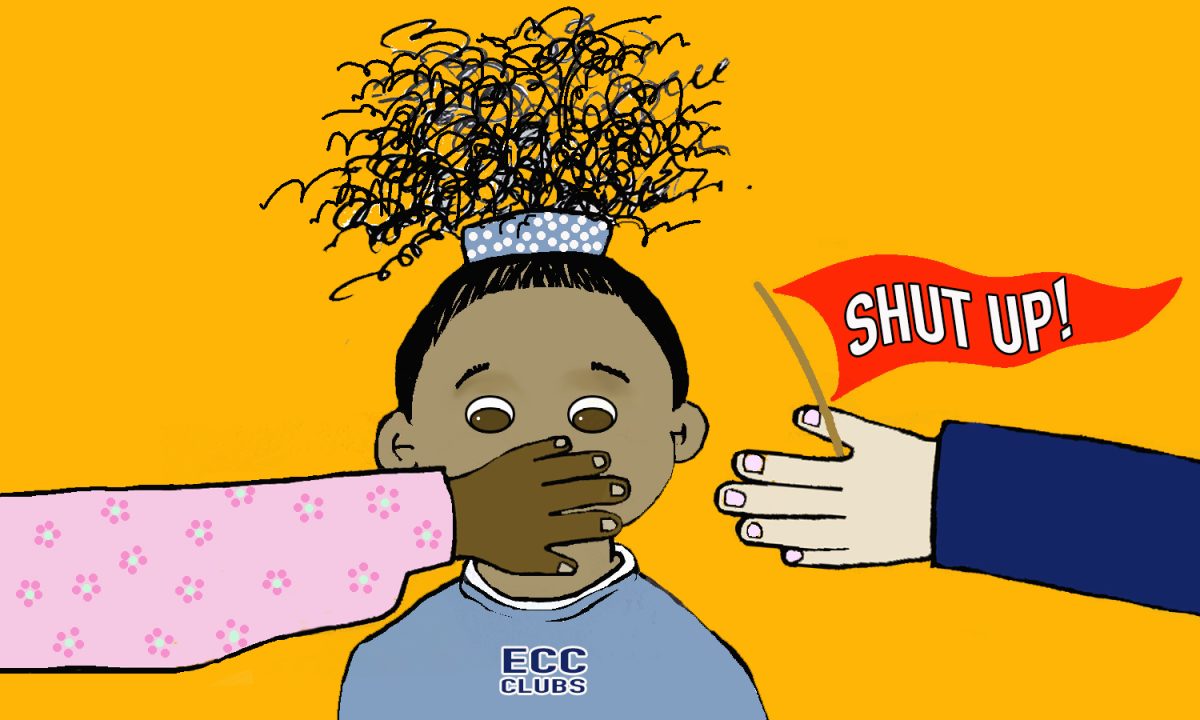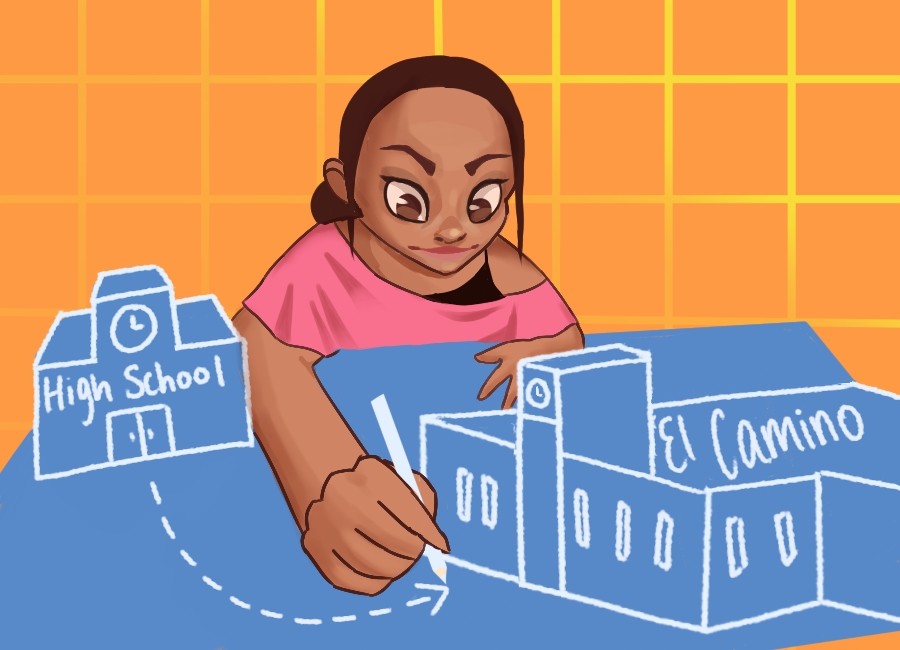One’s body is one’s domain, immune to the control of others.
In a nation where freedom is cherished, thinking any man could dictate what happens to a woman’s body is unfathomable.
As a female college student, the erosion of women’s rights places unnecessary burdens on the future.
From a young age, I was taught the sky was the limit and my dreams were mine to fulfill, untouched by others.
As I get older, it is clear the control I once felt over my life is slipping away.
The Supreme Court has shown by overturning Roe v. Wade that in a country vowing to protect our rights, liberty and the pursuit of happiness, those who can get pregnant are not part of the picture.
Roe v. Wade established the right to safe and legal abortions across the U.S., protected under federal law and implied under the 14th Amendment.
For decades, we have not experienced a society where one is forced into being a parent, until now.
The Supreme Court overturned Roe v. Wade in Dobbs v. Jackson Women’s Health Organization on June 24, 2022.
As of June 2023, over 1,000 Republican men and more than 50 Democratic male politicians, predominantly white, placed restrictions on abortions, as referenced in The Guardian.
The Guardian also reports that 214 Republican and 11 Democratic women voted to pass abortion bans within the past year.
El Camino has many transfer students looking to continue their education at four-year institutions, myself included.
The shadow of abortion restrictions makes me anxious about the liberties I would have to give up if I moved away, impacting my choice of transfer destinations.
Banning abortions will not stop them from happening. It will only end safe terminations.
Marginalized groups dealing with systemic health disparities will have new challenges, including the financial burden of traveling to another state for an abortion.
It’s something those with privilege don’t have to face.
El Camino has a diverse community. A 2022 student profile report from El Camino’s website shows that 53% of students identify as Latino, 13% identify as African American and 13% identify as Asian.
Out of all students at El Camino, 54% are female.
With a predominantly female student body and a high minority rate, abortion laws in California would greatly affect our campus.
Nearly two dozen states have banned abortions. Nonetheless, abortion is protected in California and safe at El Camino.
California Abortion Access reports, “Under California law, anyone in California who is pregnant has a legal right to choose to have an abortion.”
California State Universities and University of California colleges offer medical abortions on their campuses.
“El Camino does not, presumably because of the limited resources available being a community college,” Chris Campbell, El Camino family nurse practitioner and CSU Long Beach assistant professor of nursing, said.
However, El Camino provides education on contraception and abortion aid in the Health Services Building.
The prospect of our world leaves me terrified.
Terrified that if I have an unexpected pregnancy in a society where women’s value is deemed less than that of an unborn child, I’ll be forced into a decision made for me.
Terrified that future generations of girls will grow up learning that their futures have limits and that regardless of how loud they speak, the voice of males is stronger.
It’s no man’s place to dictate a woman’s, trans and non-binary people’s bodily autonomy.



